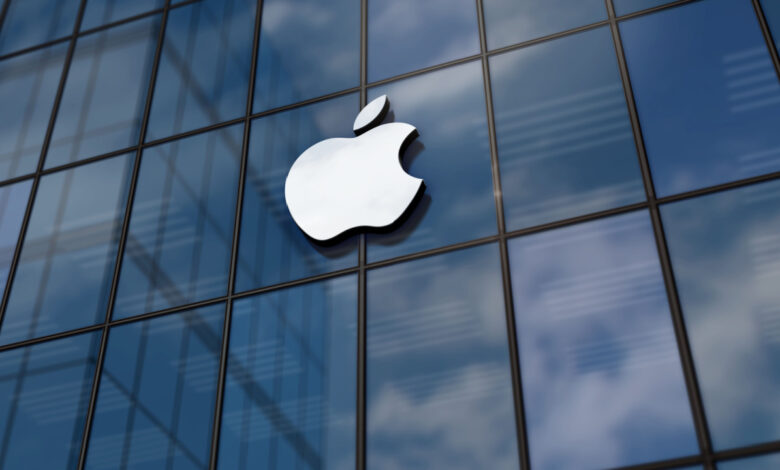Apple Takes Measured Approach to AI Amid Tech Giants’ Race

As tech giants like Google, Microsoft and OpenAI accelerate their artificial intelligence (AI) efforts, Apple is charting a more deliberate course and expressing optimism about the technology’s future. The iPhone maker, known for its meticulous approach to product development, is carefully assessing the AI landscape before making significant moves.
During Apple’s second-quarter earnings call on Thursday (May 2), CEO Tim Cook expressed excitement about the company’s upcoming generative AI (GenAI) offerings. He emphasized Apple’s belief in AI’s transformative power and promise, stating that the company is making significant investments in the technology.
“We believe in the transformative power and promise of AI, and we believe we have advantages that will differentiate us in this new era, including Apple’s unique combination of seamless hardware, software and services integration; groundbreaking Apple silicon with our industry-leading neural engine; and our unwavering focus on privacy,” Cook said.
While companies like Google and Microsoft have been making headlines with their GenAI tools like Bard and Bing AI, Apple has remained relatively quiet about its specific AI plans. However, the company has invested heavily in AI research and development, focusing on natural language processing, computer vision and machine learning.
The Apple Difference?
One key difference in Apple’s approach may be its privacy and data security emphasis. In his subscription-exclusive segment of the Power On newsletter, Bloomberg reporter Mark Gurman asserted that AI functionalities, particularly those crafted by Apple rather than third-party entities, will operate entirely on your device. Another aspect of Apple’s AI strategy is its reported focus on integrating AI capabilities into existing products and services.
Apple is also quietly buying AI firms. In December, Apple snatched up French company Datakalab, which specializes in making AI algorithms that consume less power. Earlier this year, Apple reportedly purchased DarwinAI, a Canadian company that makes AI technology to review components during the manufacturing process.
One closely watched issue is whether Apple will license an existing chatbot for use. The Cupertino-based tech behemoth purportedly has engaged in discussions with OpenAI regarding the potential integration of the startup’s GenAI capabilities into the iPhone. However, Bloomberg News reported recently, citing anonymous sources, that Apple is in talks with Google to license its Gemini AI technology for new iPhone features. The report noted that the terms, branding, and implementation of the potential AI agreement have yet to be finalized.
Apple is also working on its own AI systems. Company researchers have developed a new AI system to interpret ambiguous references and understand contextual cues. The system could also be used to improve voice recognition. A study by PYMNTS indicates consumer interest in voice technology, with 54% of respondents expressing a desire to use it more in the future due to its speed.
AI Competition Heats Up
Meanwhile, other AI companies aren’t standing still. Anthropic, a leading player in AI, unveiled its inaugural smartphone application alongside a fresh enterprise subscription model this week, aiming to broaden the accessibility of its Claude chatbot. By seamlessly integrating with its web counterpart, the app empowers users to transition between devices, positioning Anthropic for a head-to-head rivalry with industry titans like OpenAI and Google.
Mark Zuckerberg, CEO of Meta, recently announced the launch of the Llama 3 AI model, which now powers Meta AI across its platforms, such as Messenger, Instagram and a dedicated website. Zuckerberg highlighted the significance of open sourcing the Llama 3 model, positioning Meta AI as the leading freely accessible AI assistant.
Meanwhile, Microsoft is pitching its Copilot AI chatbot as a solution for everyone, from students to businesses. The company is also investing in AI in Malaysia and Indonesia.
Google’s Gemini is also a contender. The chatbot recently got multiple enhancements to its AI suite for cloud computing clients.



